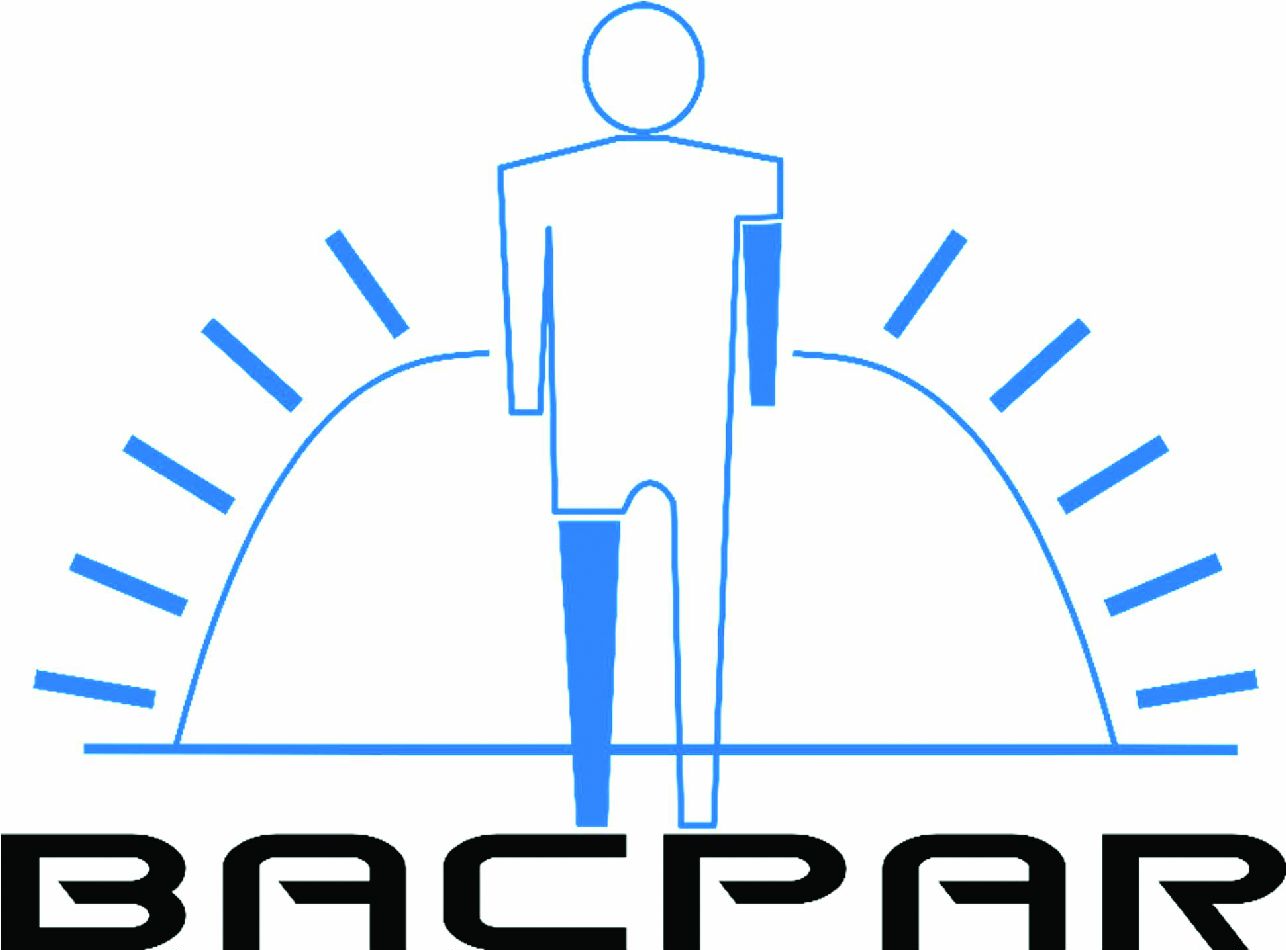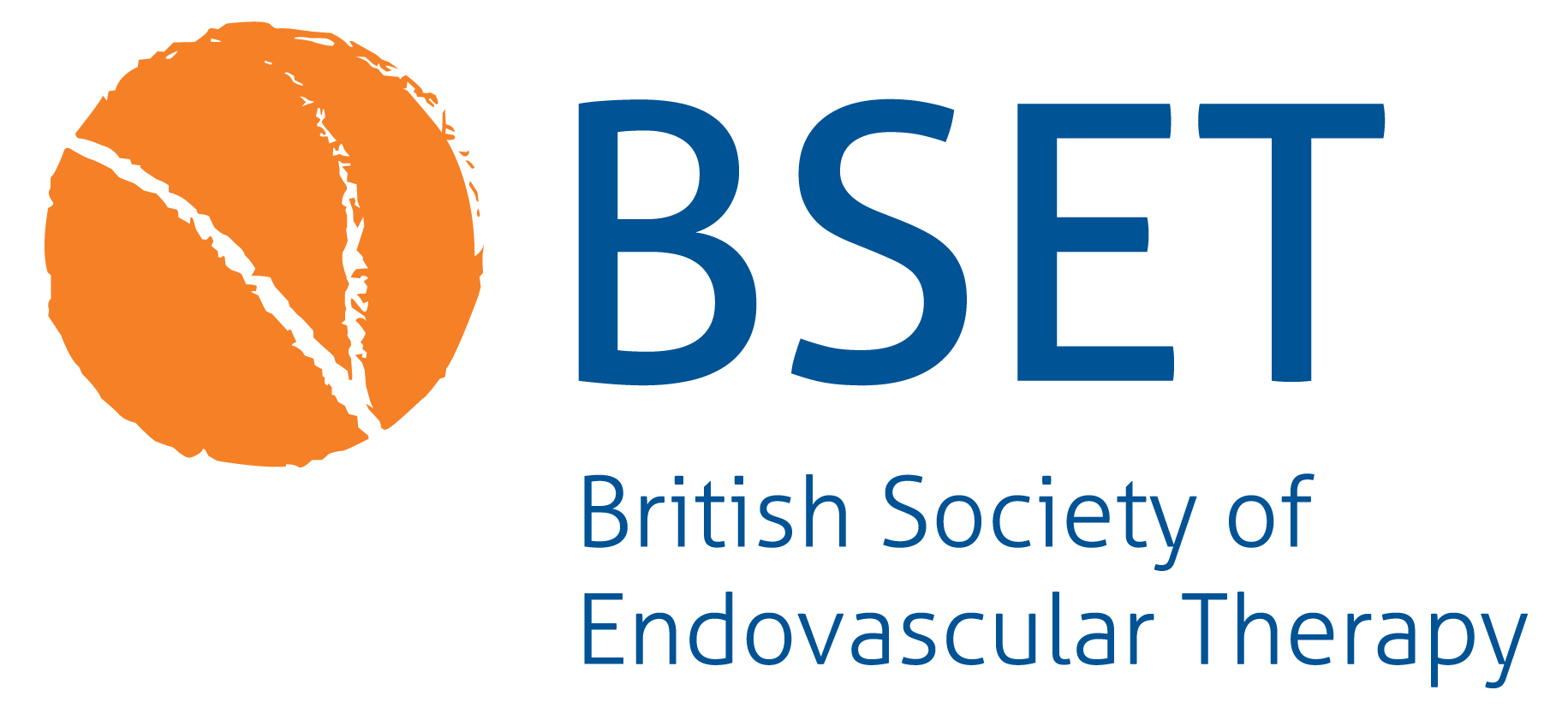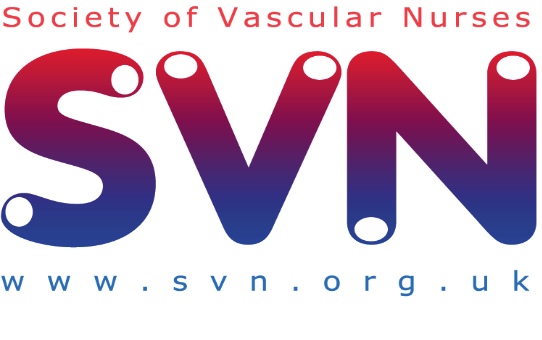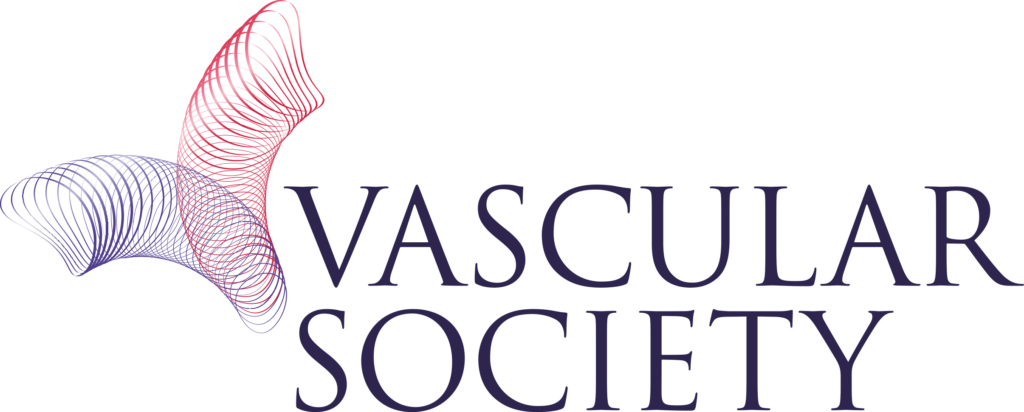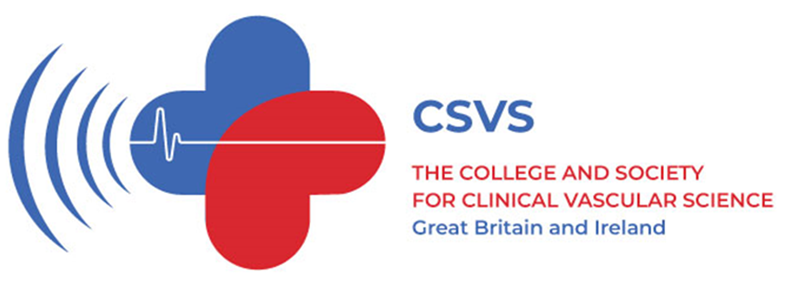Editorial
Where next for type B aortic dissection?
In April 2021 the acute aortic dissection toolkit was launched by NHS England.1 It was designed to improve the care of patients with acute aortic dissection (AD) by raising awareness of the condition and introduced seven key principles of management including better governance, 24/7 rotas and specialist care. Each NHS region in England was encouraged…
Read MoreAn extraordinary conference session
I have attended innumerable sessions at countless conferences over my career but a late afternoon session on Wednesday 22 November 2023 at the Annual Scientific Meeting of the Vascular Society of Great Britain and Ireland at the Convention Centre in Dublin will live long in the memory. It ran from 17:00–18:30 hours in a packed…
Read MoreManagement of iatrogenic acute limb ischaemia in the paediatric intensive care unit population
In the Paediatric Intensive Care Unit (PICU) an arterial line is often inserted in critically unwell children to allow for reliable blood pressure monitoring and access to arterial blood for point-of-care blood gas analysis and laboratory testing. However, arterial catheterisation is a procedure that carries the risk of serious complications including impaired tissue perfusion, thrombotic…
Read MoreSupporting endovascular practice in 2023 and beyond: the BSET Fellowship Programme
Background British Society of Endovascular Therapy (BSET) Fellowships were introduced to provide an opportunity for vascular or interventional radiology trainees to acquire new or more complex endovascular skills during a 6-month period in a UK-based endovascular unit of their choice. They were established in 2008 in response to the rapidly expanding field of endovascular practice,…
Read MoreDelivering greener surgery; small changes matter
Introduction Countries worldwide have committed to reducing carbon emissions to mitigate the detrimental effect of climate change on the environment. The UK has committed to net zero carbon emissions by 2050. Significant changes are required across all industries, including healthcare, to achieve this target within the deadline.1 Currently, healthcare systems are estimated to account for…
Read More
